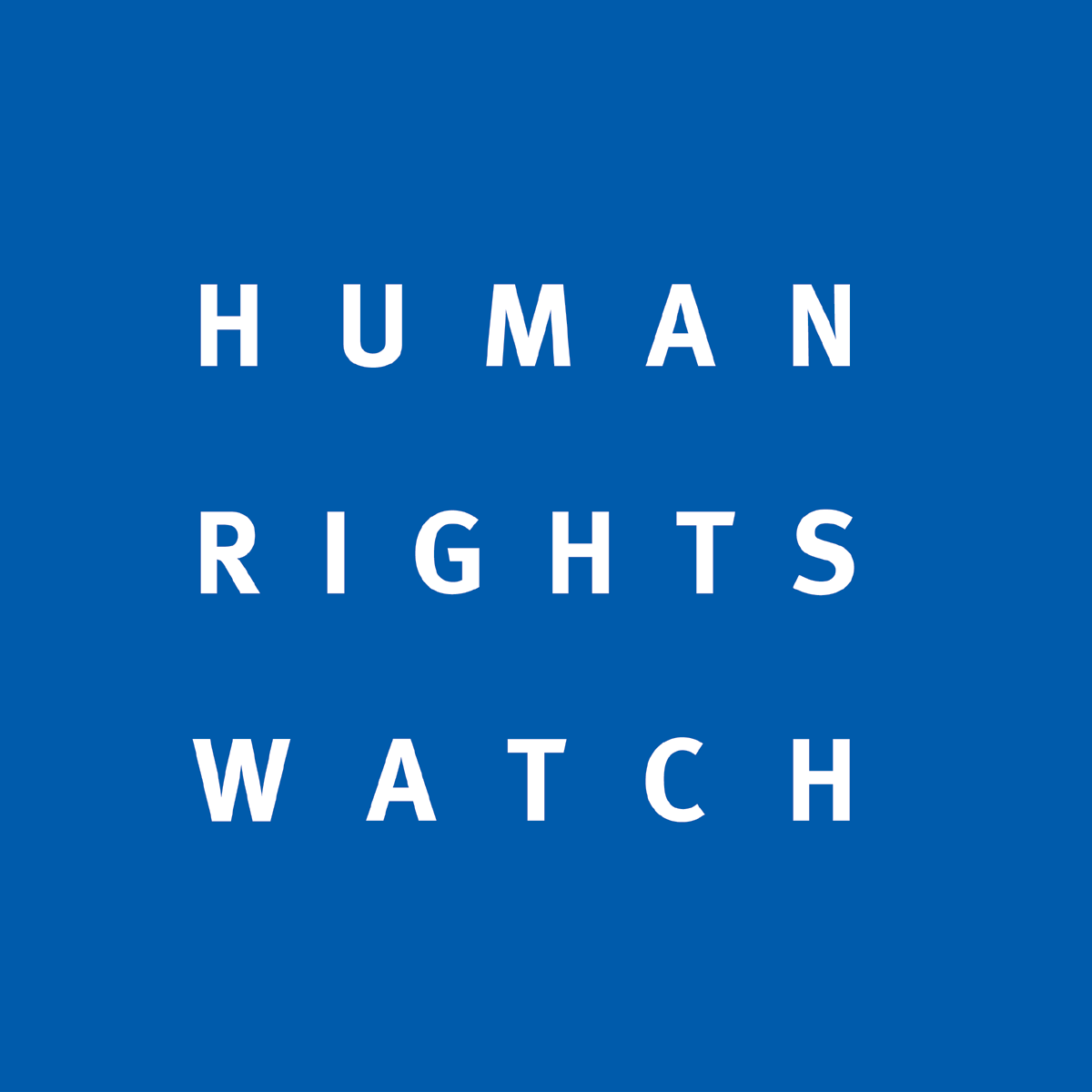HRW: Syrian Rebels Committing War Crimes

Opposition groups in Syria have been accused of committing war crimes including torture and the summary execution of prisoners, and the UN has been warned of a growing number of human rights violations and the presence of foreign Islamist fighters ranged.

Human Rights Watch said it had documented more than a dozen executions by rebels in the northern provinces of Idlib and Aleppo and the coastal region of Latakia. Three opposition leaders who were confronted with evidence of extrajudicial killings said the victims had deserved to die, HRW reported.
It further mentioned that "armed opposition groups have subjected detainees to ill-treatment and torture and committed extrajudicial or summary executions in Aleppo, Latakia, and Idlib."
"Torture and extrajudicial or summary executions of detainees in the context of an armed conflict are war crimes, and may constitute crimes against humanity if they are widespread and systematic," the international body said.
In parallel, Human Rights Watch expressed serious concern about statements by some opposition leaders indicating that they tolerate, or even condone, extrajudicial and summary executions.
"Declarations by opposition groups that they want to respect human rights are important, but the real test is how opposition forces behave," said Nadim Houry, deputy Middle East director at Human Rights Watch. "Those assisting the Syrian opposition have a particular responsibility to condemn abuses."
"Military and civilian Syrian opposition leaders should immediately take all possible measures to end the use of torture and executions by opposition groups, including condemning and prohibiting such practices," Human Rights Watch said. "They should investigate the abuses, hold those responsible to account in accordance with international human rights law, and invite recognized international detention monitors to visit all detention facilities under their control."
Human Rights Watch presented its research findings and detailed recommendations in meetings with opposition leaders in northern Aleppo in August and in a letter sent to several opposition leaders on August 21, 2012.
"Countries financing or supplying arms to opposition groups should send a strong signal to the opposition that they expect it to comply strictly with international human rights and humanitarian law," Human Rights Watch said.
Human Rights Watch documented more than a dozen extrajudicial and summary executions by opposition forces. Two of the so-called "Free Syrian Army" fighters from the Ansar Mohammed battalion in Latakia told Human Rights Watch, for example, that four people had been executed after the battalion stormed a police station in Haffa in June 2012, two immediately and the others after a trial.
Six of 12 detainees interviewed by Human Rights Watch in two opposition-run detention facilities said that FSA fighters and officials in charge of detention facilities had tortured and mistreated them, in particular by beating them on the soles of their feet.
Abuse appeared to be more prevalent during the initial stages of detention, before the detainees were transferred to civilian opposition authorities.
"Sameer," whom the FSA arrested in the beginning of August, told Human Rights Watch that "the FSA fighters who caught me first brought me to their base. I spent a night there, together with one other prisoner. They beat me a lot, with a wooden stick, on the soles of my feet. It lasted for about two hours. First, I refused to confess, but then I had to although I have not killed anybody"
Human Rights Watch has also reviewed more than 25 videos on YouTube in which people reportedly in the custody of armed opposition groups show signs of physical abuse.
Descriptions of the trials by detainees and members of the judicial councils indicate that the trials did not meet international due process standards, including the right to legal representation and the opportunity to prepare one's defense and challenge all the evidence and witnesses against them.
A number of countries are providing armed opposition groups in Syria with financial and military support. Interviews with Syrian opposition activists as well as media reports indicate that Saudi Arabia, Qatar, and Turkey are actively assisting a number of armed groups. The United States, the United Kingdom, and France, have also pledged non-lethal aid to opposition groups.
One of the tortured civilians revealed that the so-called FSA fighters said that "they would kill me if I said something about the torture."
Bruises on the detainee's body were consistent with his account and still visible several weeks after he said the beating had taken place. The detainee also showed Human Rights Watch a blackened fingernail on his right hand, which he said resulted from trying to protect himself from the beating.
Another detainee said that FSA fighters had beaten him when he was held in a school for four or five hours before he was transferred to the detention facility where Human Rights Watch interviewed him:
They accused us of being shabeeha (pro-government militia). They beat us and hit us with sticks. We were blindfolded so I don't know exactly how many they were, but they were many.
The detainee had a bruise under his right eye, a large bruise on his right shoulder, and smaller bruises on his right shoulder and back.
The detainees told Human Rights Watch that they did not know the name or exact locations of the schools where they had been initially held.
Human Rights Watch received reports of torture and ill-treatment in the main "Free Syrian Army" base in Aleppo city, which also served as a temporary holding facility. While the detainees we interviewed did not know the exact location where they had been initially held, FSA fighters involved in detentions and other witnesses told Human Rights Watch that detainees were usually first transferred to this base in Aleppo.
According to information received by Human Rights Watch, the FSA moved its main base to a new location in August because the base came under attack.
Source: HRW, Edited by moqawama.org




